
Karl Schneider
Editorial Director, Farmers Weekly
Karl Schneider is editor of Farmers Weekly and editorial director of Proagrica, the global agriculture media, software, data and connectivity business.
Karl has been a business journalist for 30 years, working closely with the Farmers Weekly team for more than a decade and before that holding senior roles on some of the UK’s biggest titles including New Scientist and Computer Weekly.

David White
Vice Chair, Camgrain Stores Ltd
Co-founder, RTK Farming Ltd
David White farms 160ha on light land over chalk between Cambridge and Newmarket. He is in his forth year practicing Conservation Agriculture – no-till direct drilling into catch and cover crops farming “forever green”. David’s interest in doing his own trials was fostered by the time spend hosting wheat and OSR trials for Niab on the farm. Going from full cultivation to 100% no-till in a single step was a big change that could only be made successfully by trialing different things to see what works best on his soil type, with many new things still being tried each year. A member of Base UK has given the opportunity to learn from many experienced no-till regenerative farmers from across the globe as well and visiting farms in Europe.
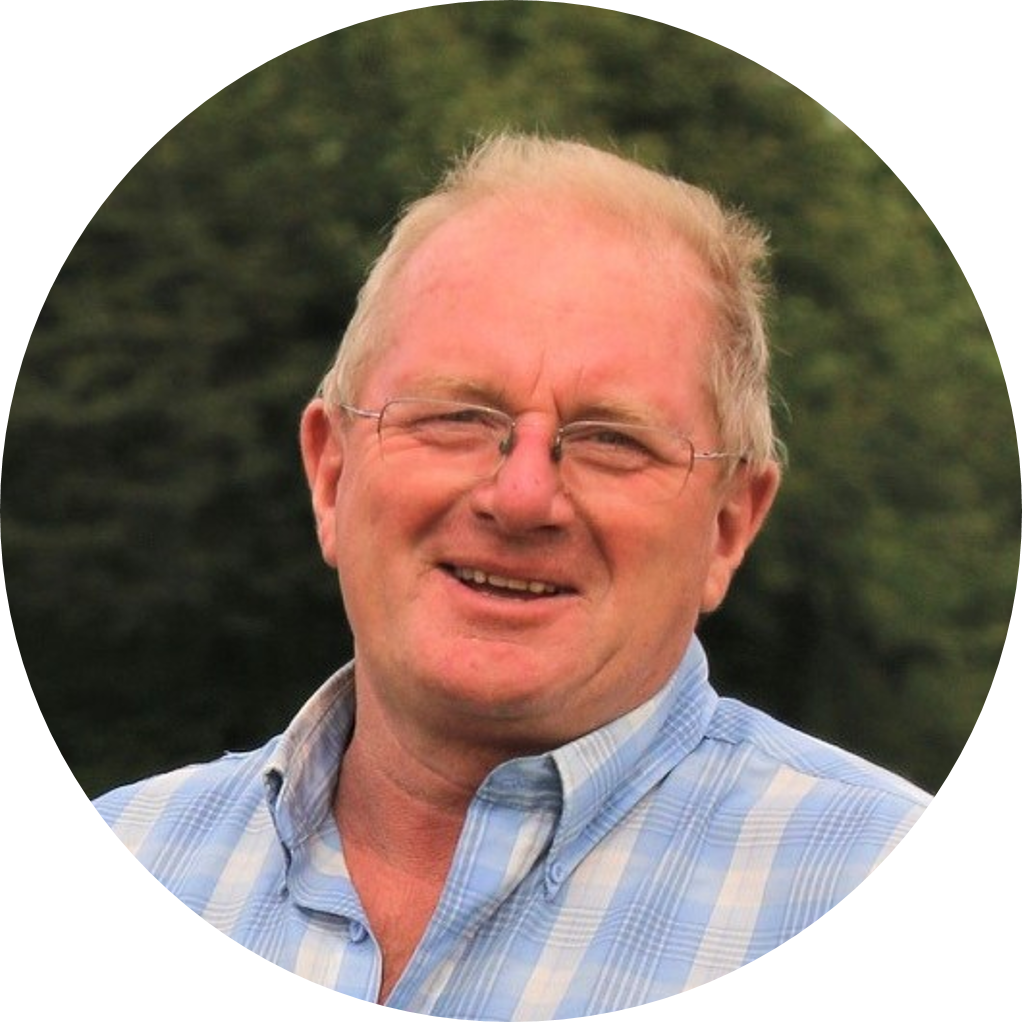
Jenna Ross,
Innovation Hub Lead, CHAP
Jenna Ross’ Ross’ enthusiasm for agriculture started at a young age on her family farm in Aberdeenshire. She has completed her MBA and received a Nuffield scholarship which gave her the opportunity to travel to 15 countries looking at different methods of slug control and slug invasions, and how these impact on the agricultural industry.
Jenna has been the winner of 2 prestigious awards – Land-based Aquaculture Higher Education Learner of the Year award and the Council for Awards of Royal Agricultural Societies (CARAS). She holds honorary positions at of Secretary for Nuffield Scotland, the University of Aberdeen and Stellenbosch University in South Africa, the latter of which, she co-supervises PhD students working on slug nematodes.

Peter Trickett,
Farmer, Fortshot House Farm
Peter Trickett is a Nuffield scholar and Yorkshire arable farmer growing 400ha of combinable crops on a mix of owned and rented land, mostly classified grade 3. His main crops grown consist of milling wheat, milling oats, feed barley and oilseed rape. Though Peter had no formal agricultural training, he read microbiology at Leeds University and has since achieved BASIS and FACTS qualifications as well as conducting his own agronomy with advice from Crop Dynamics.
His son Alastair has recently joined the business and introduced a flock of NZ Romneys which graze on their rented grassland. Peter and Alastair are now integrating the sheep into the arable enterprise and into a Countryside Stewardship scheme in order to benefit both soil and profit.

Simon Kightley,
NIAB TAG
Simon Kightley has been leading NIAB’s oilseed rape variety testing programme for the last thirty years, designing and conducting trials and providing advice to growers. In that time he has witnessed and tracked continuous breeding achievement, first in the double-low varieties, then in hybrids and then with new types, such as the semi-dwarfs, altered fatty acid types and now turnip yellows virus resistance. In a period of ever-changing challenges for the crop, he has been at the forefront of the battle against the flea beetle and tracking down the sources of erucic contamination that recently came to light.

Cheryl Turnbull,
NIAB TAG
Cheryl Turnbull has joined the variety performance team after ten years in NIAB’s DUS department, where new varieties are characterised for Plant Breeders’ Rights and Certification. Since 2014, her work too has been an unending battle against the flea beetle and, going into the 2019/20 season, Cheryl is heading-up new work in companion cropping and flea beetle migration monitoring.

Steve Klenk,
Farm Manager, Garnstone Farms
Steve has been the Farm Manager at Garnstone Farms near Weobley Hereford for over thirty years. The farm is 1100 ha, farming arable, beef and chicken. He has been transitioning to conservation agriculture over the last fifteen years and is using cover crops, companion cropping, direct drilling, and manures to improve the biology of soils and plants. He has strong reason to believe they are now carbon neutral plus.
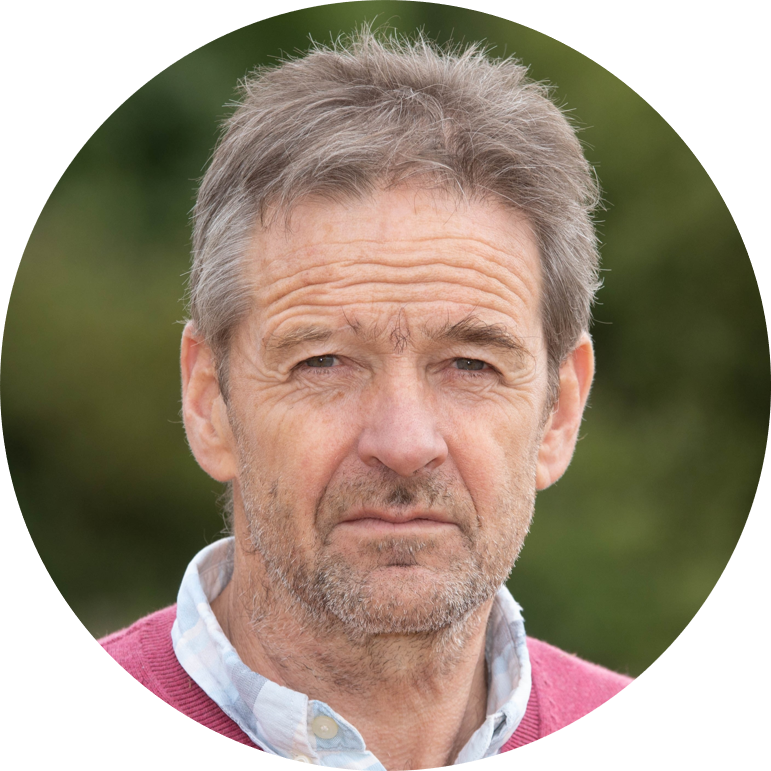
Julie Smith,
Research Scientist, ADAS
Julie is a Principal Research Scientist in the Plant Pathology team at ADAS with over 20 years of experience in applied multi-disciplinary crop protection projects working with the key pathogens of cereals and oilseed rape. She has led numerous projects investigating the epidemiology and integrated management of foliar, stem and root diseases and has a particular research interest in identifying beneficial traits which enable the crop to avoid, escape or tolerate disease and exploiting these traits via conventional breeding methods. Julie works with international consortiums, universities, commercial sponsors, breeders, government and levy boards and is keen to engage directly with agronomists and growers.
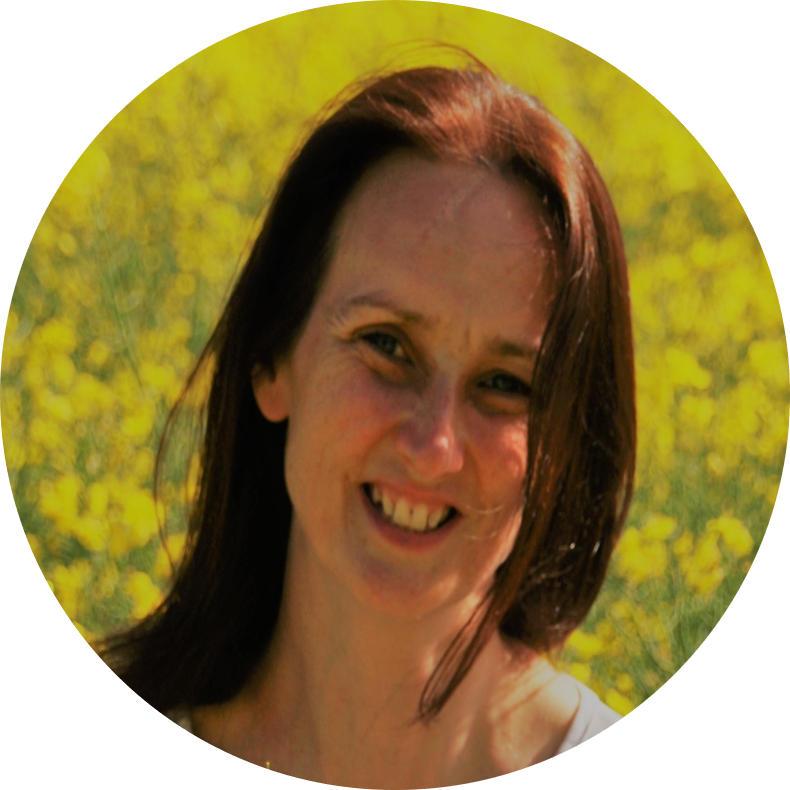
Patricia Ortega-Ramos,
PhD student, Rothamsted Research
Patricia Ortega-Ramos is a PhD student at Rothamsted Research and University of Reading. Her work focusses on understanding the ecology of cabbage stem flea beetle and their parasitic wasps. This work has involved field trials looking at the daily activity and migration of CSFB as well as modelling the impact of climate and agricultural management on their populations using long-term data sets from FERA. Recently, Patricia has undertaken a national wide survey of flea beetle to look at the UK distribution and parasitism potential the parasitic wasps attacking adult CSFB. She is also looking at the parasitic wasp life cycle and how to maximise the potential of these natural enemies in OSR crops.
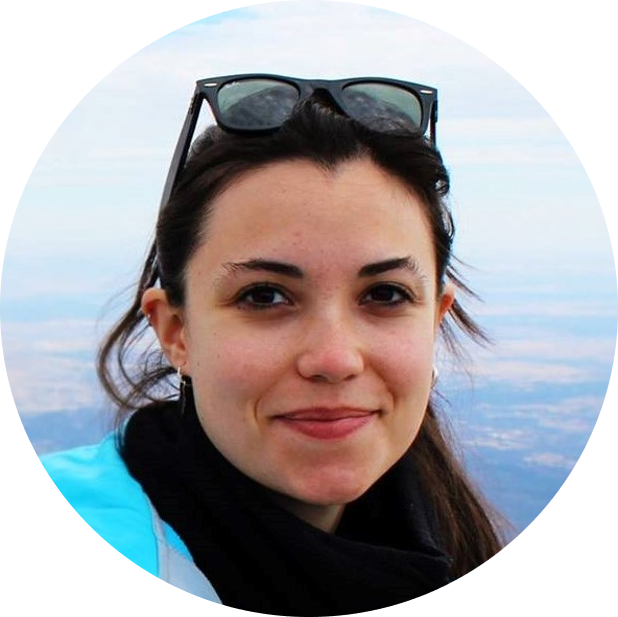
Caitlin Willis,
PhD student, Rothamsted Research
Caitlin Willis is a PhD student at Rothamsted Research and the Royal Agricultural University. Her work aims to investigate insecticide resistance in UK populations of cabbage stem flea beetle. As part of this investigation, Caitlin is looking to determine how the extent and geographical spread of pyrethroid resistance in UK populations of this pest is changing over time. In both 2018 and 2019, she undertook a UK-wide survey of flea beetle adults to monitor for the presence of pyrethroid resistance. Caitlin is also working to identify the enzyme(s) involved in metabolic resistance to pyrethroids in CSFBs and identify potential alternative compounds for their control.
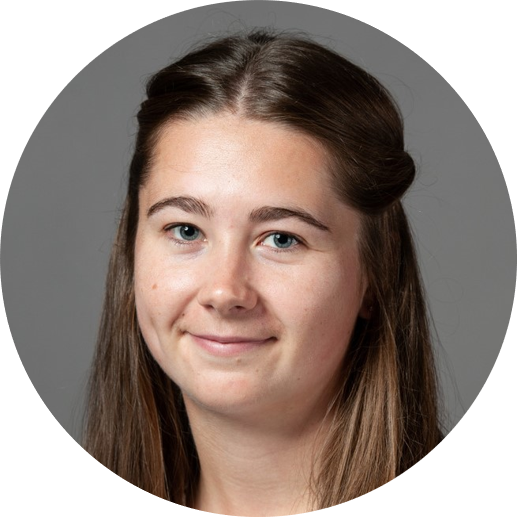
Ryan Hudson,
Regional Agronomist, Velcourt
Ryan has worked within agronomy and farm management since graduating from Harper Adams in 2005, starting out as an area manager for a global agchem manufacturer before moving into agronomy and farm business management. Ryan joined Velcourt in 2017, providing independent crop management advice to external clients in the eastern region alongside a growing team of agronomists. He works closely with Velcourts own farm managers as well as the internal R&D team who independently test and develop appropriate crop management strategies for our advisory clients and the 56,600ha of managed farm land across the UK.

Sacha White,
Research entomologist , ADAS
Sacha holds over 10 years pest management experience in arable and horticulture, as well management of tree pests and invasive organisms. The focus of his work is the development of integrated pest management (IPM) programmes to provide sustainable pest control. Sacha White holds over 10 years’ experience of pest management in arable and horticulture, as well management of tree pests and invasive organisms. The focus of his work is the development of integrated pest management (IPM) programmes to provide sustainable pest control.
Since joining ADAS in 2013 he has managed several AHDB- and industry- funded projects, including monitoring, surveying and developing IPM for cabbage stem flea beetle, developing prediction and management programmes for insecticide resistance, and managing aphids, TuYV, mangold fly and slugs.
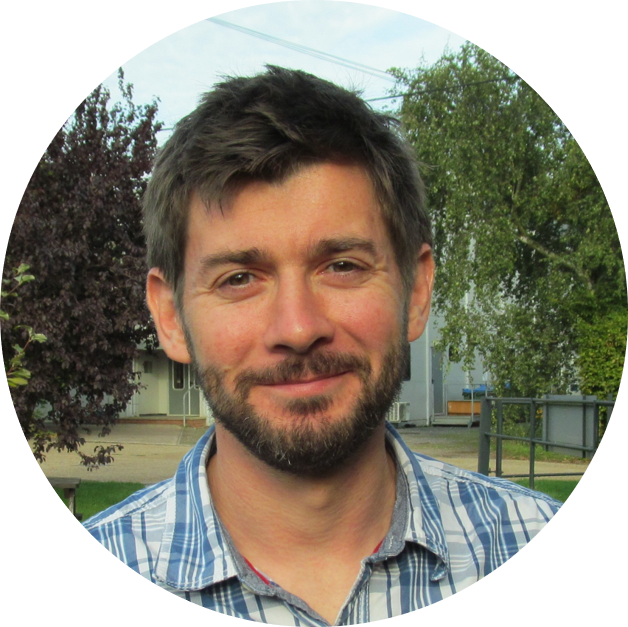
Syed Shah,
Regional Agronomist, NIAB
Syed has worked as an agronomist and research scientist for the past 7 yrs. His current work focuses on looking after crops in Wilshire, Dorset, Oxford and Warminster as well as several R&D projects within NIAB TAG. His research interests consist of are crop nutrition, soil health, variety x fungicide interaction, crop establishment, weed and pest control. Most recently he has been involved in the research on the use of innovative techniques to manage cabbage stem flea beetle in oilseed rape and on the use of bio-stimulants on various crops. Syed has published 11 conference papers on bio-stimulants, fungicide use , black-grass control, establishment techniques for oilseed rape and precision farming.

Richard Reynolds,
Senior Agronomy Advisor, Anglian Water
Richard Reynolds leads Anglian Waters Catchment Management team – collaborating with a wide range of agricultural stakeholders including farmers, technical advisors, supply chain and regulators to identify and deliver local improvements in water quality and improve the regions resilience to water quantity stress.
Through the “Healthy Crops Healthy Water” campaign Anglian Water are embracing innovative solutions to evolving challenges in the agricultural sector which has demanded a business-to-business approach to deliver local solutions. As a key crop for the region, working with the agricultural sector to better understand the challenges posed in growing Oilseed Rape whilst sharing clear, local information about the impact of management decisions.

